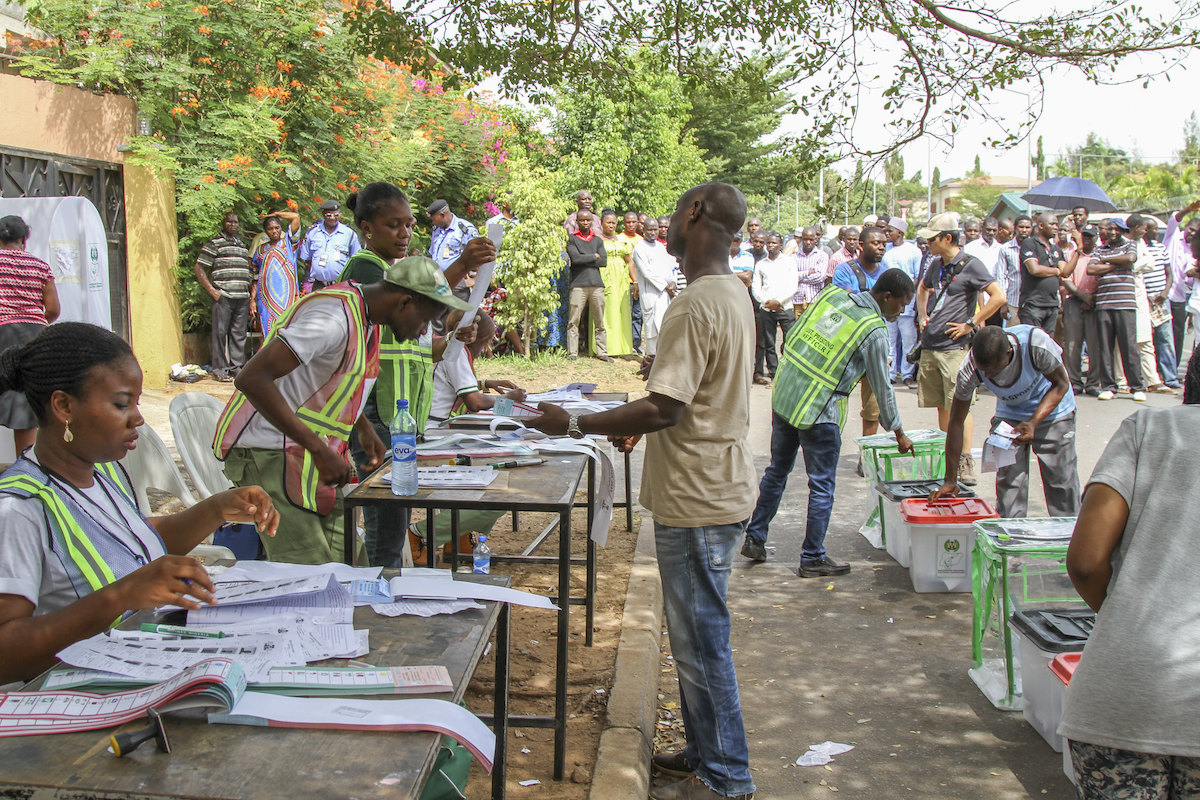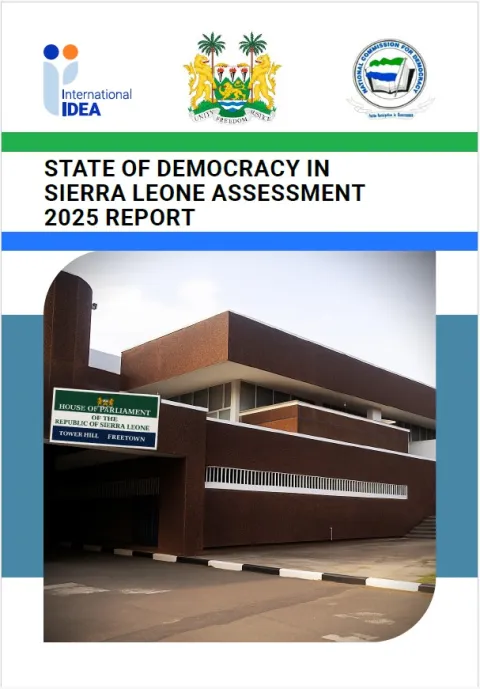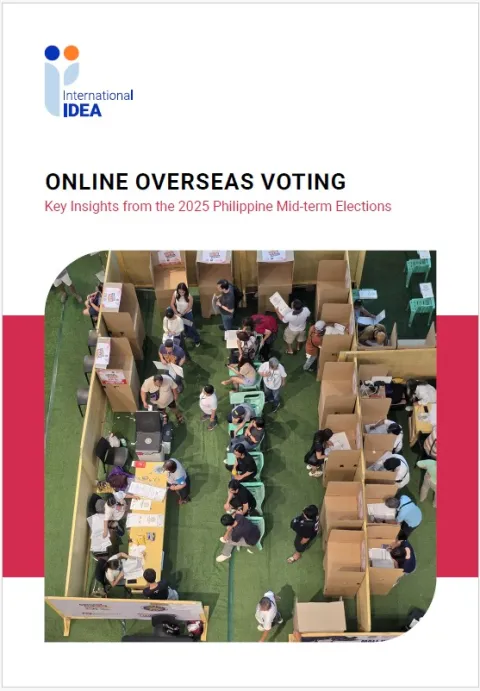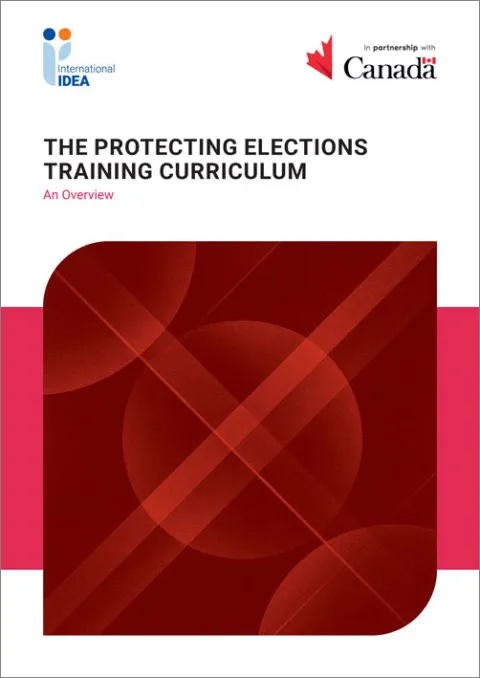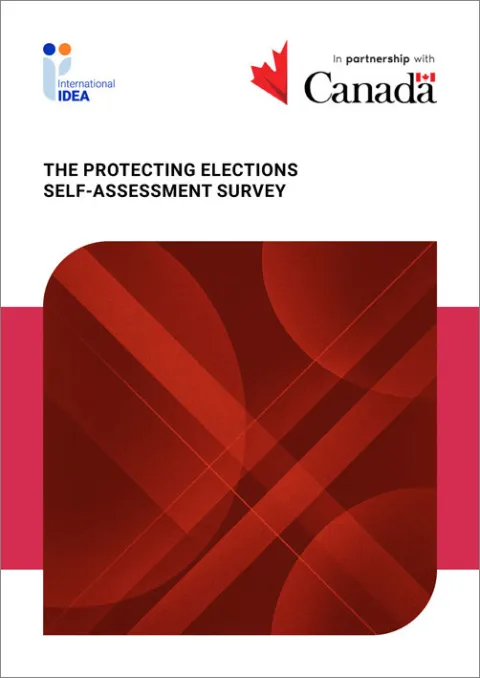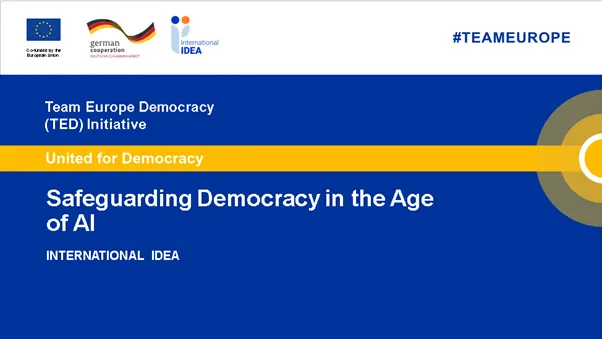International Electoral Standards: Guidelines for reviewing the legal framework of elections
What constitutes a fair electoral system and a fair election? What are the guiding principles for reviewing electoral legislation?
This document sets out the basic legal components governing elections for the purpose of reviewing, drafting or amending electoral legislation. It aims to contribute to promoting uniformity, reliability, consistency, accuracy as well as professionalism in elections.
It covers a range of areas including boundary delimitation, electoral management bodies, voter registration, campaign finance and expenditure, balloting, vote counting, complaints and the role of parties and candidates.
Details
Contents
Introduction
1. The bases of internationally recognized electoral standards
2. Structuring the legal framework
3. The electoral system
4. Boundary delimitation, districting or defining boundaries of electoral units
5. The right to elect and to be elected
6. Electoral management bodies
7. Voter registration and voter registers
8. Ballot access for political parties and candidates
9. Democratic electoral campaigns
10. Media access and freedom of expression
11. Campaign finance and expenditure
12. Balloting
13. Counting and tabulating votes
14. Role of representatives of the parties and candidates
15. Electoral observers
16. Compliance with and enforcement of electoral law
Annex 1. Primary sources for international standards
Annex 2. Supplementary sources
Annex 3. Model codes
Annex 4. Glossary of electoral terms
Give us feedback
Do you have a question or feedback about this publication? Leave us your feedback, and we’ll get back to you
Send feedbackInternational Electoral Standards: Guidelines for reviewing the legal framework of elections
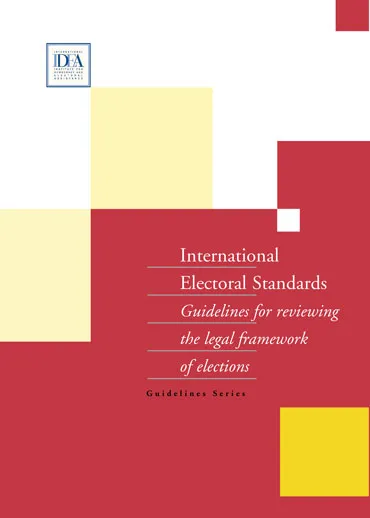
| Total views | 15145 |
|---|---|
| Downloads | 271 |
| Rating |
Give us feedback
Do you have a question or feedback about this publication? Leave us your feedback, and we’ll get back to you
Send feedback